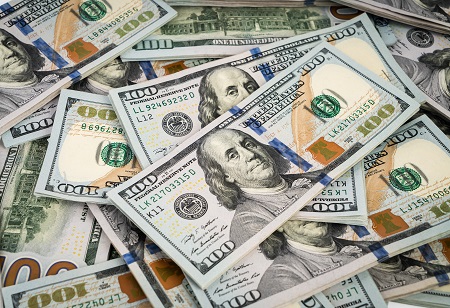
Bain Capital has invested $2 billion in India over the last 12-18 months and plans to invest up to $10 billion in the next 3-5 years, according to one of its top executives.
"India's time has come both due to its own internal development and the hard work of structural improvements over the years," said David Gross-Loh, managing partner, Asia, Bain Capital.
Gross-Loh, a Bain consultant turned dealmaker, has led some of the region's largest buyouts for the Boston-based investment firm, including the $20 billion acquisition of Toshiba's memory chip business, which was later rebranded as Kioxia. "The external geopolitical factors and slowing global growth and greater macro complexity of other markets have made India kind of really the place to be," said Mr. Singh.
Echoing his sentiments, Pavninder Singh, partner, PE, Bain Capital in India, said over the last 15 years there have been moments when India has been a focus of global investors and moments when it was not.
"Right now is definitely a time when there is a lot of optimism and interest in India and this has the potential to be more enduring. The groundwork that's been laid for creating digital and physical infrastructure plus a stable, consistent government, has created an environment to attract investment," Singh said.
Bain, which has $180 billion of assets under management, sees the US economy still facing headwinds. Interest rates will probably be higher for a longer period because of other inflationary pressures "that are still fairly persistent out there and they look like they're mid-term or may be even longer-term structural challenges," says Gross-Loh. A complicated geopolitical landscape is further exacerbating the macro challenges. "The US economy is really not out of the woods," Gross-Loh said.
We use cookies to ensure you get the best experience on our website. Read more...